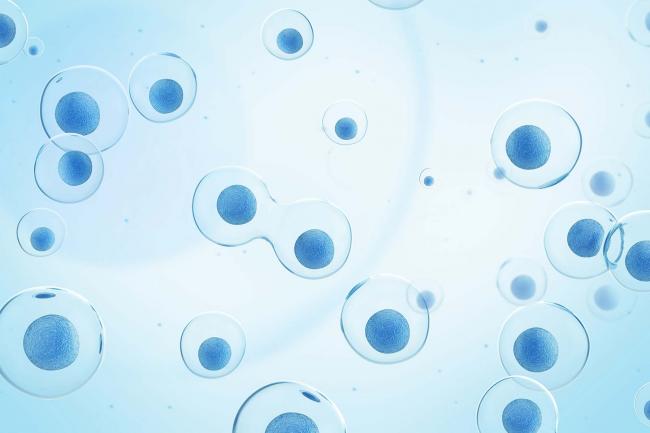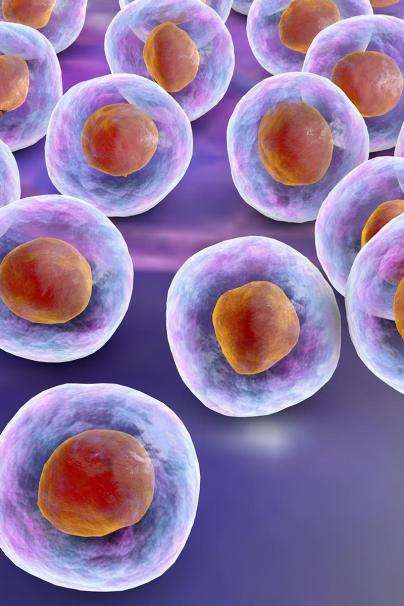
Biography
Personal Pronouns: She/Her
Contact details:
- +44 1603 450 527
My project is a subproject of a more extensive research funded by the CRUK Accelerator Award. This project is a collaboration between institutes in Italy and the United Kingdom. The goal of this partnership is to deliver tools that will bring single-cell multiomics analyses towards clinical applications.
In my project, I will apply single-cell genome and transcriptome sequencing to reconstruct clonal evolution in patient-derived organoids established from human colorectal cancer (CRC) samples. In addition, I will integrate genomic and transcriptomic datasets from the same cells to infer CRC evolution in the presence and absence of drug treatments.
During my BSc (Hons) degree in Biomedical Science (University of Essex), I undertook a placement year working as a trainee biomedical scientist. After graduating from my MSc in Biomedical Sciences at the University of Brighton, I worked as a research technician for AstraZeneca, where I leant about the drug development process. I realized how much progress had been made in cancer research and how much more there is yet to do. My research interest lies in translational science, as I hope to carry out meaningful research that may one day help those who need it most.
Related reading.

Genetic integrity needed for Biodiversity Net Gain to flower
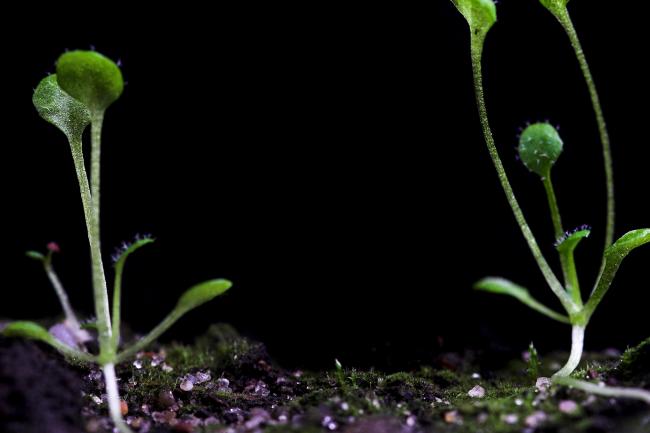
Light-up plants and tunable roots signal new solutions for climate crisis

How the latest platforms are scaling-up our impact in aquaculture

The fish, the fungus, the grass, the bee - and the brassica

COPO: providing context through metadata

Standout innovation contributes to knowledge exchange
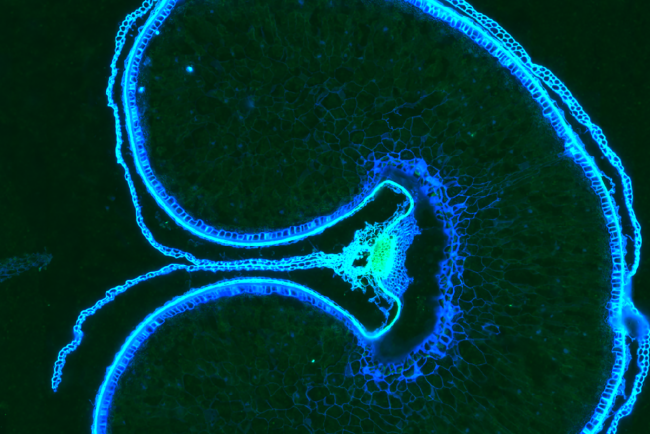
Applying spatial transcriptomics in plants
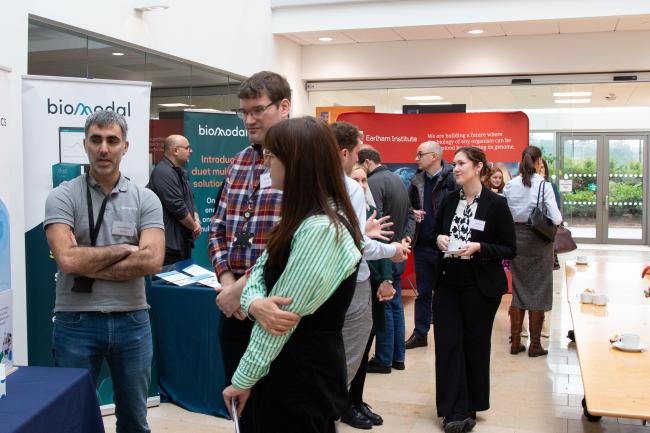
Collaborating for our future
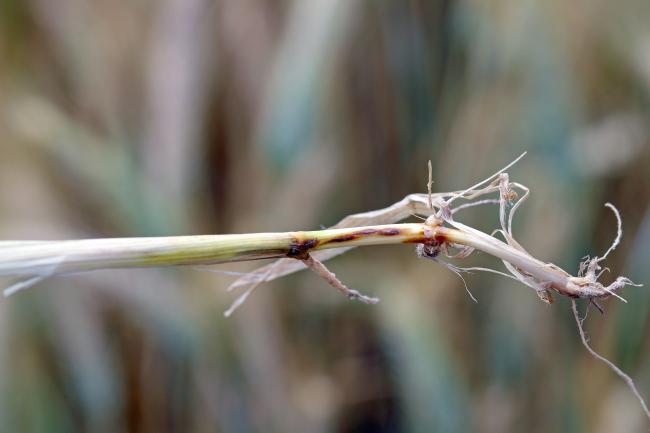
Focus on fungi helps fight global threat to our food
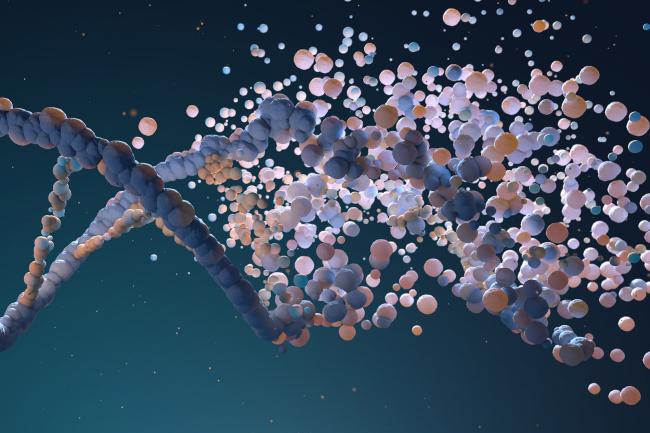
New genome assembly finds yeast variant is distinct species

Science and Technology Secretary announces Engineering Biology investment

Identifying criminals from a single cell
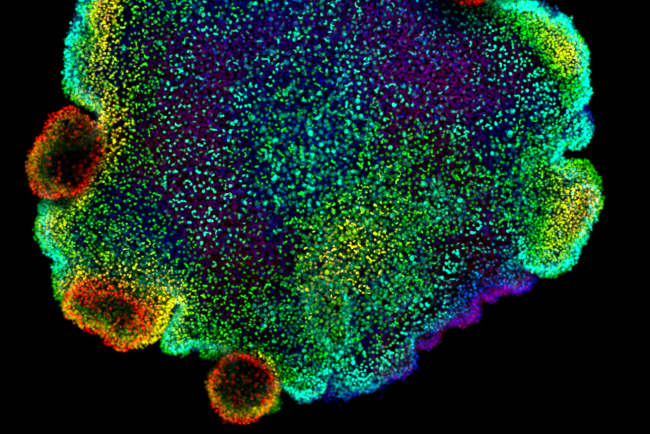
£3m funding for project to chart cellular diversity on Earth
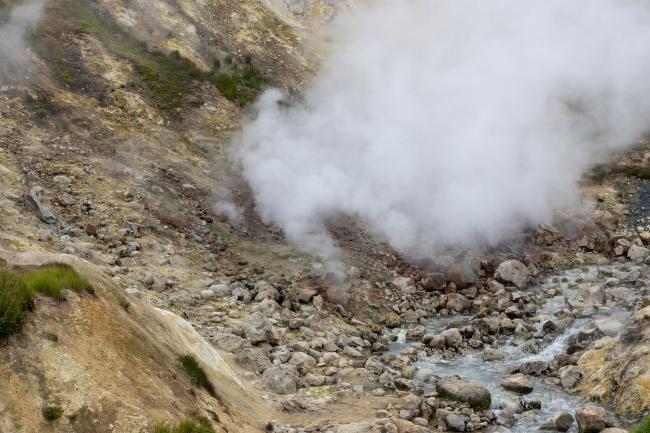
Mysterious microbiomes to get makeover under transformational £5.4M grant
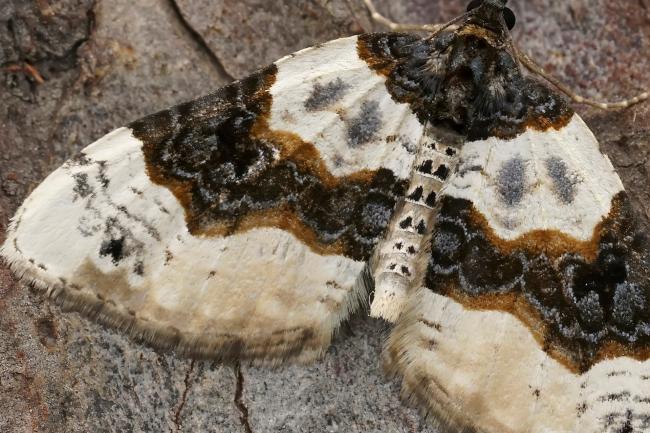
Purple Bar moth is 1,000th species sequenced in landmark project
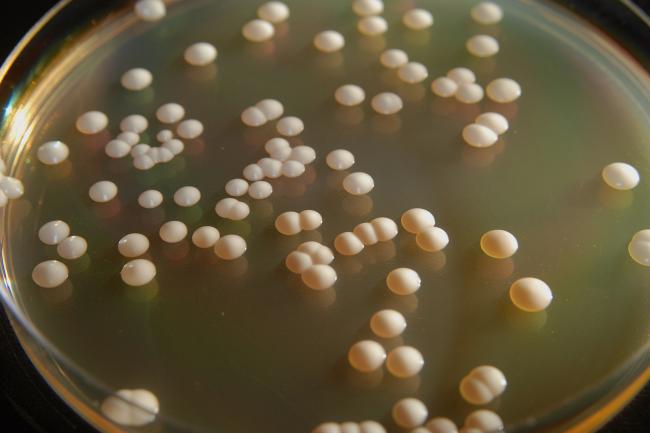
Scientists one step closer to rewriting world’s first synthetic yeast genome


